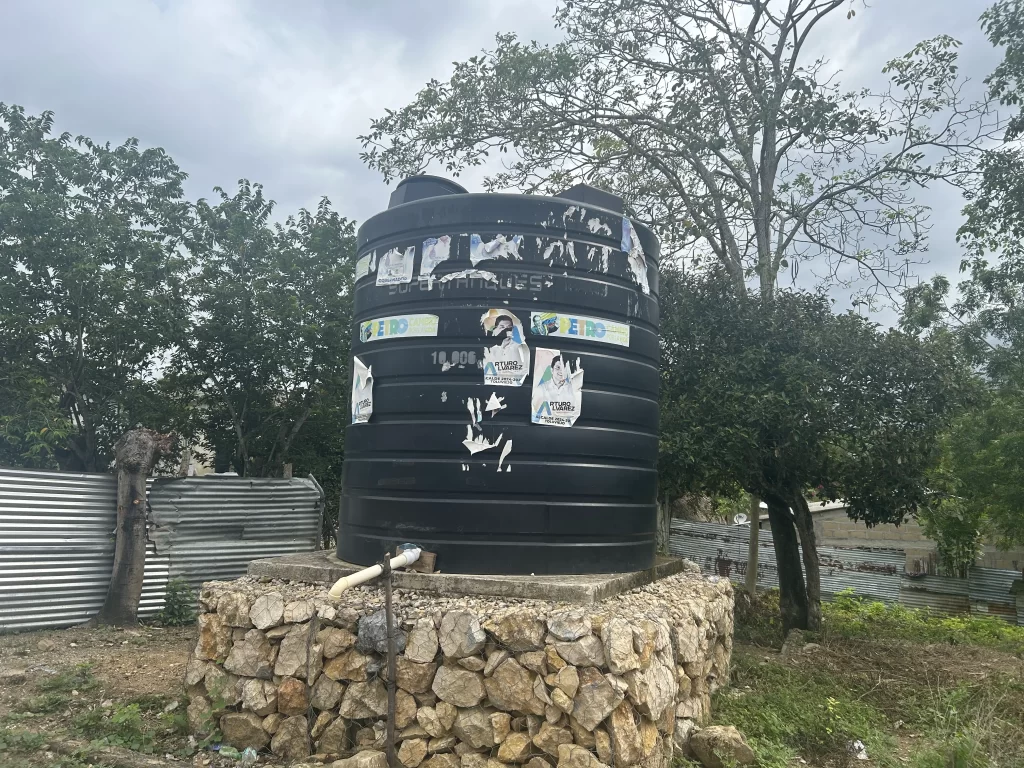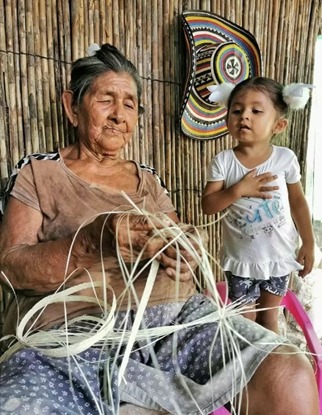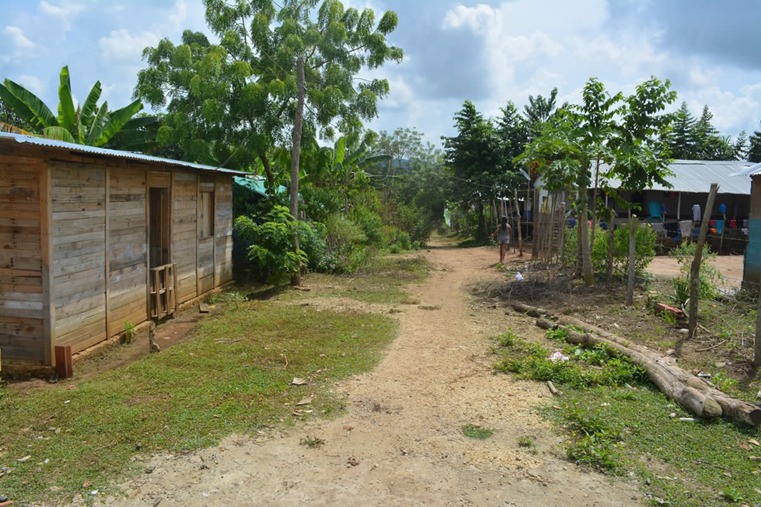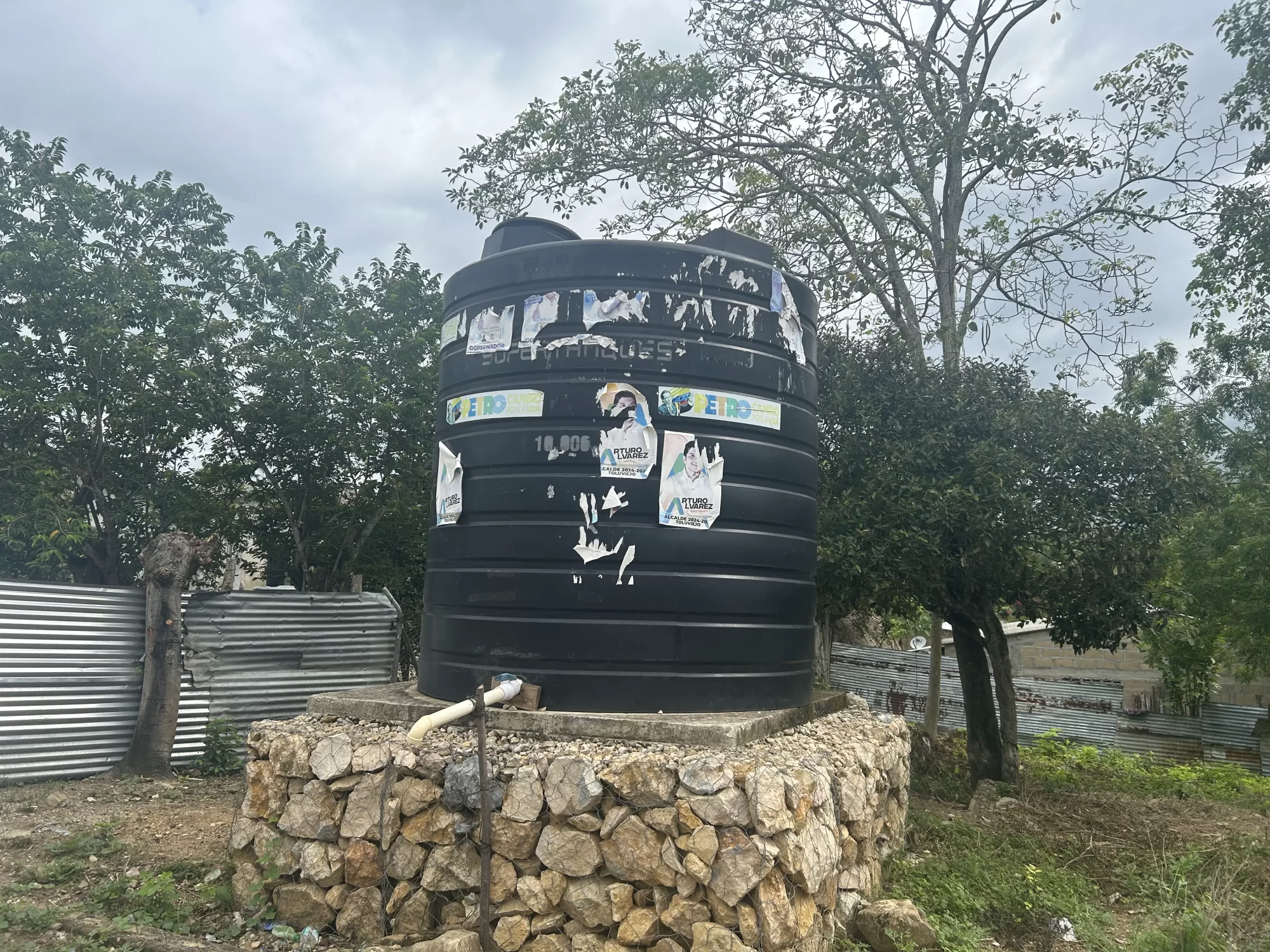SUMMARY
This article presents the initial living conditions of the members of the Zenú indigenous community, among these conditions are the water supply for consumption, health, welfare and environmental conditions. This community is located in lands adjacent to the Purísima village, in which they do not have the supply of basic sanitary services (drinking water, electricity, gas, among others) for the development of life and other activities related to it. According to the above, the Zenú indigenous community lacks the necessary conditions for the development of a good quality of life, emphasizing the precarious water supply system they have, as this has brought with it different environmental, social, economic and health problems, since the liquid is not received with the quality parameters established by the Colombian technical standards. Due to this problem identified in the indigenous community, a sanitary solution was proposed, which consisted in the construction and start-up of a raw water treatment plant, in order to improve the quality of life of the inhabitants, reduce diseases, improve the development of economic activities, prevent internal conflicts, etc.
Key words: Drinking water, Indigenous community, Health, Environment, wellbeing.




